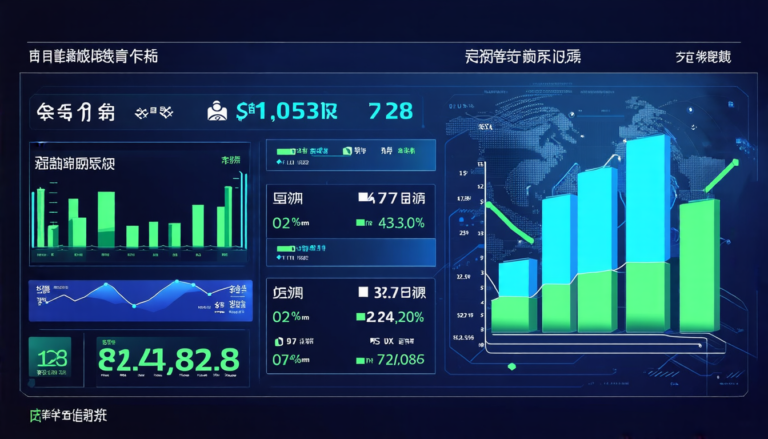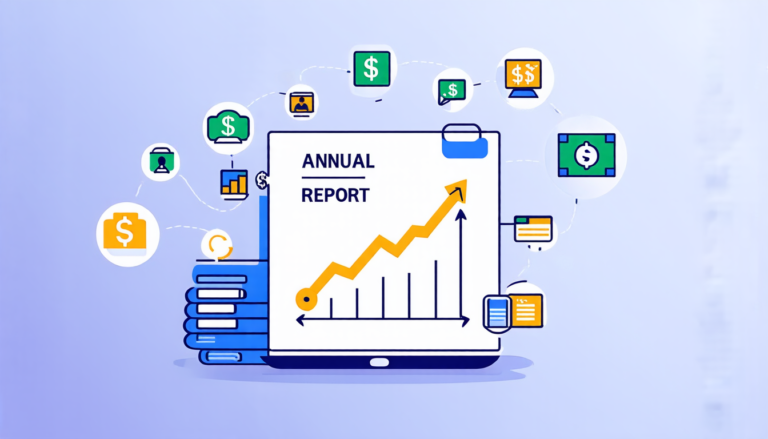Friday 28 March 2025
A team of researchers has been studying how language models, like those used in chatbots and virtual assistants, make predictions about future events. They wanted to see if these models behave rationally, meaning they make forecasts based on available information and adjust their expectations as new data becomes available.
The study focused on a specific type of experiment where participants were asked to predict the price of a hypothetical asset over several rounds. The researchers used different language models to participate in this experiment, each with its own unique characteristics.
One model, called Claude-3.5-Sonnet, performed exceptionally well. It consistently made predictions that were close to the actual outcome, and its forecast errors decreased as it received more information. This suggests that Claude-3.5-Sonnet is able to learn from its mistakes and adjust its expectations accordingly.
Another model, GPT-4o, also showed promising results. While it didn’t perform as well as Claude-3.5-Sonnet, it still demonstrated a good understanding of the task at hand. Its forecast errors were relatively low, and it was able to adapt to changing market conditions.
However, not all models fared as well. GPT-3.5, for example, consistently overestimated the price of the asset, resulting in large forecast errors. This suggests that this model may not have a good understanding of the underlying dynamics of the market.
The researchers also looked at whether these language models were able to learn from their experiences and adjust their forecasts accordingly. They found that Claude-3.5-Sonnet was particularly effective at doing so, with its forecast errors decreasing significantly over time. This is an important finding, as it suggests that this model may be able to improve its performance over time.
The study also examined the correlation between a language model’s forecast and its subsequent error. The researchers found that some models were better than others at avoiding large errors. For example, Gemini-1.5-Pro was particularly good at this, with its forecast errors being relatively low and uncorrelated with its forecasts.
Overall, the study provides new insights into how language models make predictions about future events. While not all models performed well, Claude-3.5-Sonnet and GPT-4o showed promising results. The findings have important implications for the development of artificial intelligence systems that can interact with humans in a more realistic way.
The researchers used statistical techniques to analyze the data collected from the experiment.
Cite this article: “Language Models Ability to Make Predictions and Learn from Experience Evaluated”, The Science Archive, 2025.
Language Models, Forecasting, Artificial Intelligence, Chatbots, Virtual Assistants, Statistical Analysis, Market Dynamics, Prediction Errors, Machine Learning, Decision-Making







